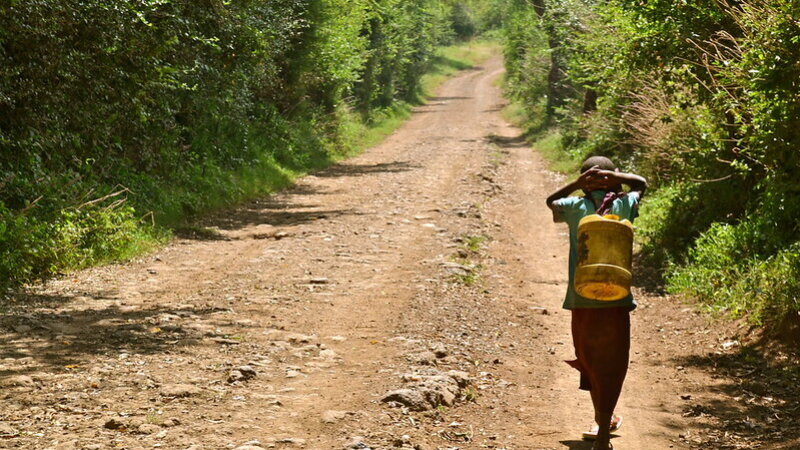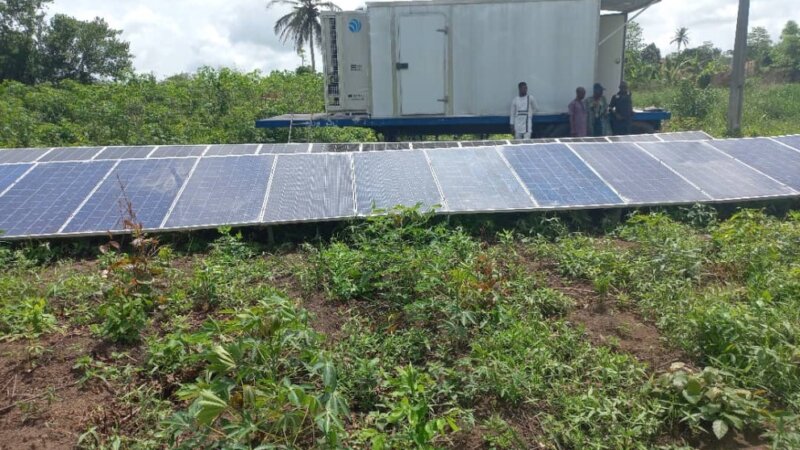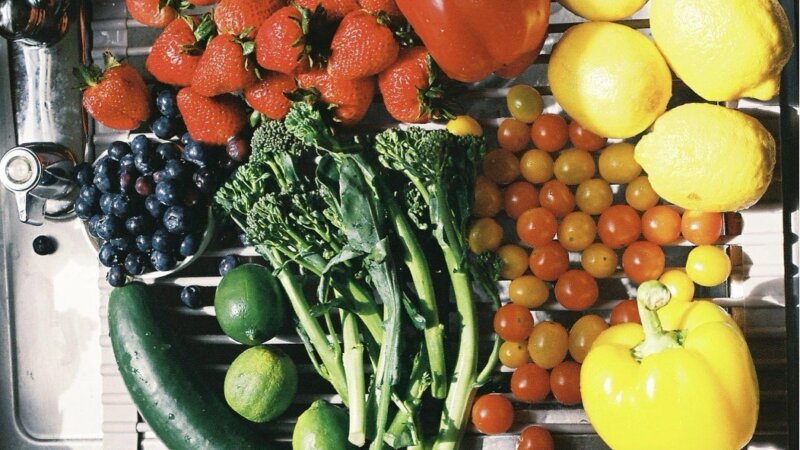NEADAP Partnership contributes towards closing the gap in milk self-sufficiency in Tanzania
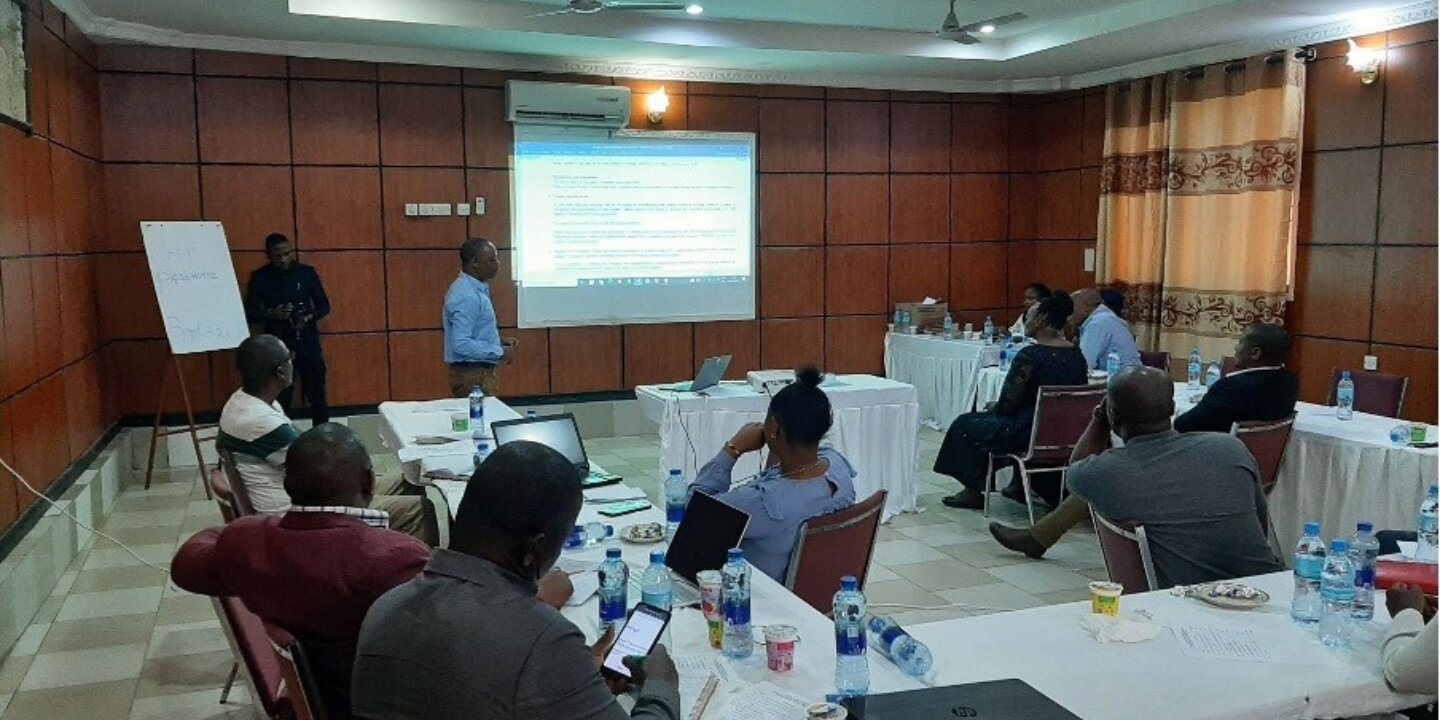
School milk workshop in Tanzania.
Tanzania's dairy sector is a vital contributor to its agricultural economy, providing income, food security, and employment. Despite having one of Africa's largest livestock populations, the country struggles with milk self-sufficiency. The recent budget announcement revealed that while milk-producing livestock numbers rise, the milk deficit remains substantial. With a national requirement of 12 billion litres, the current production of 3.6 billion litres falls short by nine billion litres.
Tanzania's milk consumption, at only 64 litres per capita, is amongst the lowest in the region. The Netherlands East Africa Dairy Partnership (NEADAP) has taken the initiative to address this issue by piloting innovative solutions. The Dairy Sustainability Assessment Tool (DSAT) facilitated discussions among stakeholders, revealing that poor animal care and an unfavourable business environment were major threats.
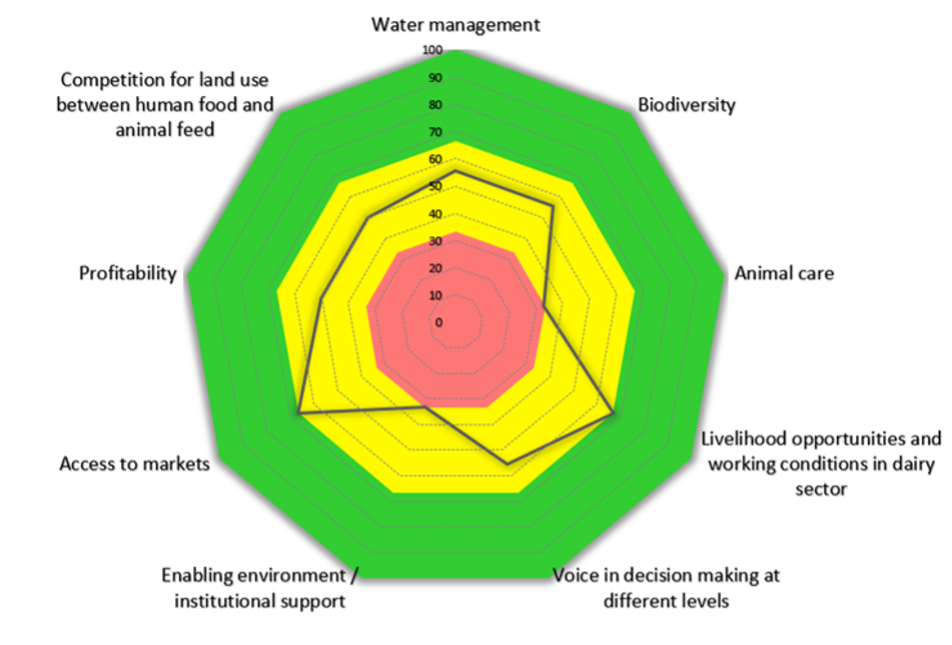
NEADAP's contributions are steering the dairy sector toward transformation. Notably, the partnership has introduced three key solutions to bridge the milk gap:
- School Milk Programme (SMP) Adoption: NEADAP supports the implementation of a parent-led model for the SMP. Recognizing the significance of nutritious milk in addressing malnutrition, this model has been successful in Uganda. By encouraging parents to pay for school milk, NEADAP aims to increase coverage from less than 1% (99,687 pupils in 134 schools) to 5000 schools by 2025, enhancing student health and overall nutrition. Working with over 65 local partners led by Tanzania Dairy Board TDB and other like UNICEF, FAO, Education and Health ministries, Universities, key processors and local government authorities, NEADAP shared its parent-led model experience from Uganda.
- Enabling business environment for Yoba Probiotic Yoghurt: NEADAP is collaborating with local partners to improve access to affordable and quality yoba yoghurt. By streamlining the registration process with regulatory authorities, the partnership empowers women cooperatives and processors to provide nutritious yoghurt to vulnerable groups.
- Rumen 8 Software for Dairy Diet Optimization: NEADAP has rolled out the Rumen 8 software, an advisory tool for dairy farmers to formulate balanced diets, optimize productivity, and ensure cattle welfare. Through training sessions and farm visits, the partnership equipped 110 farm coaches, government extension staff, cooperatives, researchers, processors and farmers and advisors with the skills needed to enhance dairy diet formulation and management practices. The training was done in Tanga, Kilimanjaro and Arusha regions by Pro-Dairy E.A Ltd, NEADAP partner.
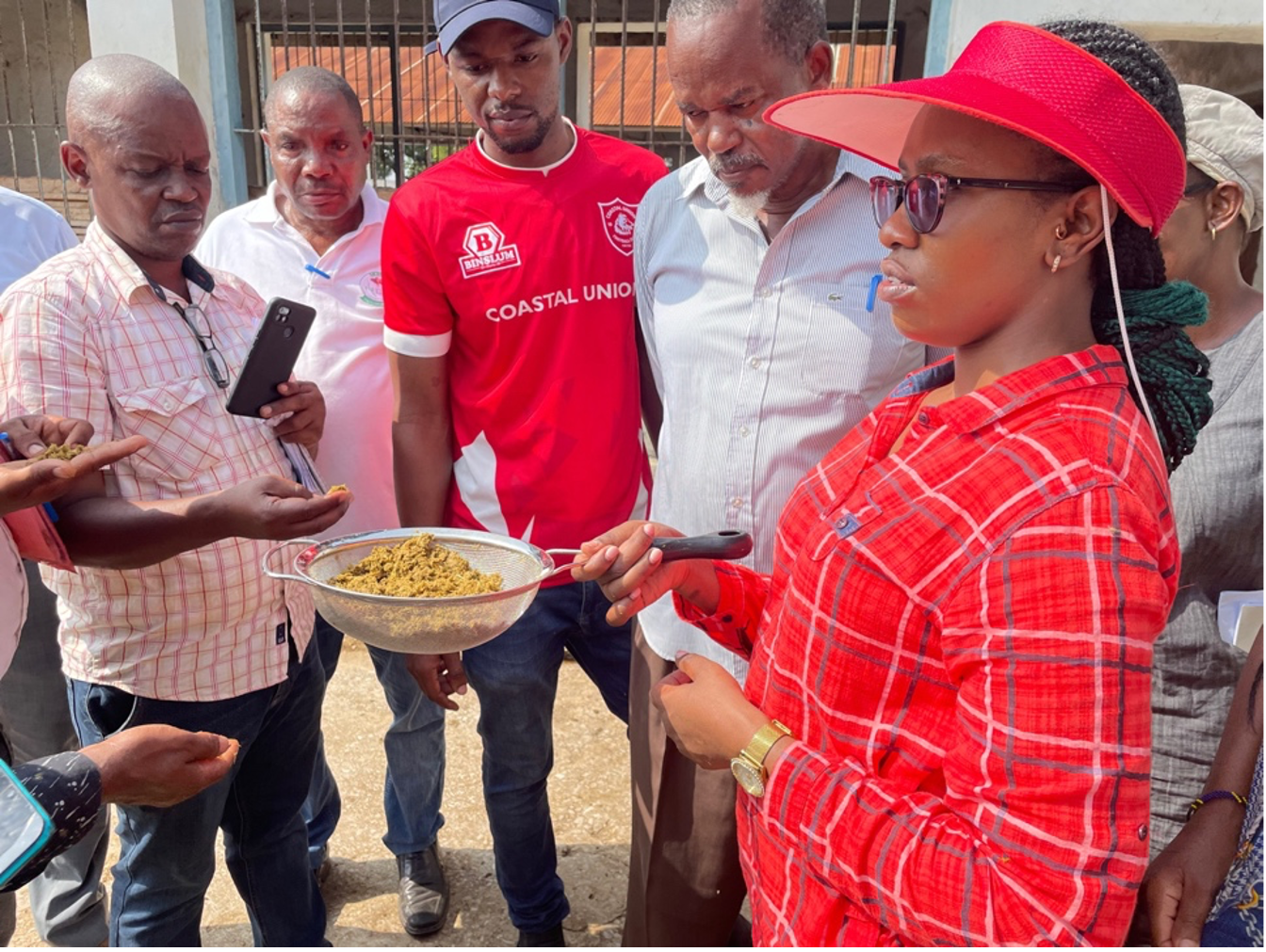
Rumen8 Training in Tanga, Tanzania
These initiatives mark significant steps towards bridging the milk deficit in Tanzania. NEADAP's partnership facilitates the adoption of successful models from neighbouring countries, tailoring them to the local context. By addressing challenges such as poor animal care, insufficient feed, and an unfavourable business environment, NEADAP is playing a crucial role in transforming the dairy sector and moving Tanzania closer to milk self-sufficiency.
The national requirement of milk in Tanzania is 12 billion litres, The current production of 3.6 billion litres falls short by nine billion litres.
As NEADAP's efforts gain momentum, there is hope that Tanzania will not only meet its milk consumption targets but also unlock the dairy sector's potential to contribute more significantly to the country's GDP, food security, and poverty alleviation. With collaboration among stakeholders, innovative solutions, and a commitment to change, Tanzania's journey towards milk self-sufficiency is well underway.
Author

Tom Ole Sikar
NEADAP Tanzania coordinator

